How to Get Started Making Diy Wood Furniture
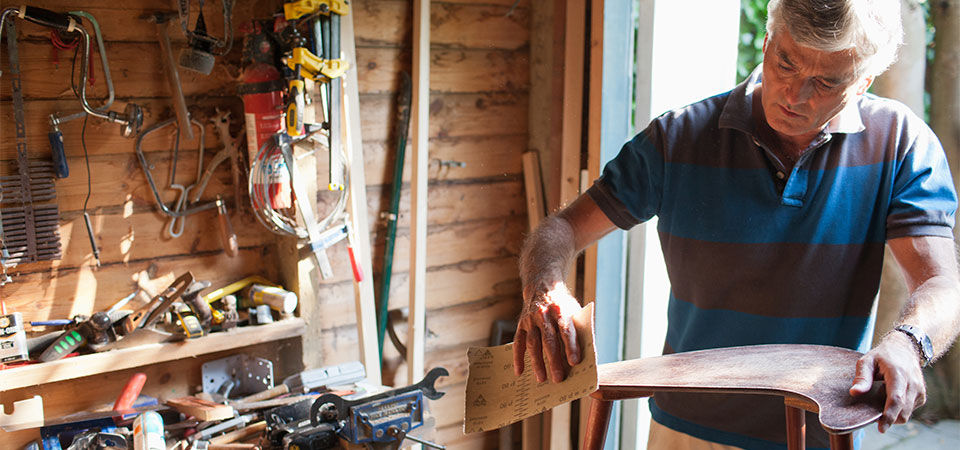
Making wood furniture can become anything from an occasional hobby to a new part-time business. While a garage or backyard is more than enough space for doing the work, you’ll need a basic set of tools to begin regardless of the style of furniture you want to build. Make sure to invest in these DIY wood furniture tools, supplies, and equipment to ensure your first experiences with the hobby are good ones.
Tools for Cutting and Shaping
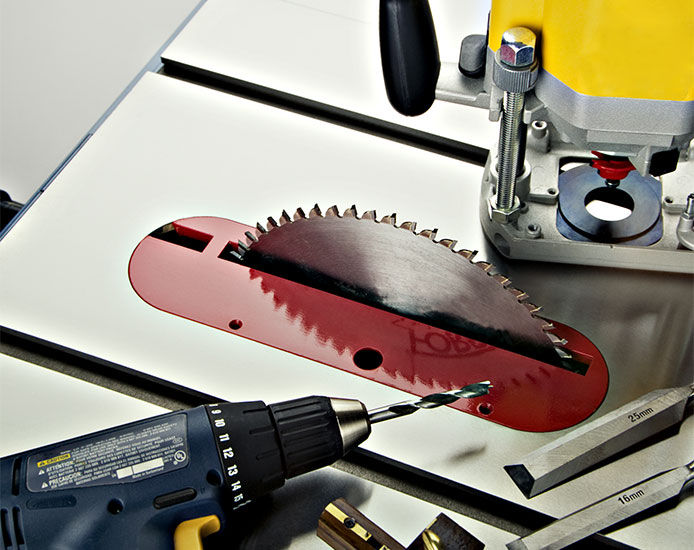
Since most types of wood furniture making rely heavily on cutting and shaping either boards or raw wood, you’ll need a wide variety of tools. Some furniture makers work exclusively with hand tools like chisels, planes, and rasps, but most woodworkers rely on at least one power tool. A good selection of basic hand and power tools for wood furniture making should include:
- A router with multiple bits, especially flush trimming and straight cut bits
- A set of basic chisels in a wide range of sizes
- Joinery cutting tools if you plan to use specific techniques
- A mid-range power drill with a full index of wood drill bits
- A few hand saws for delicate cutting
- A circular saw and a jigsaw, which allow you to make plunge and curved cuts between the two.
Smoothing and Sanding Equipment
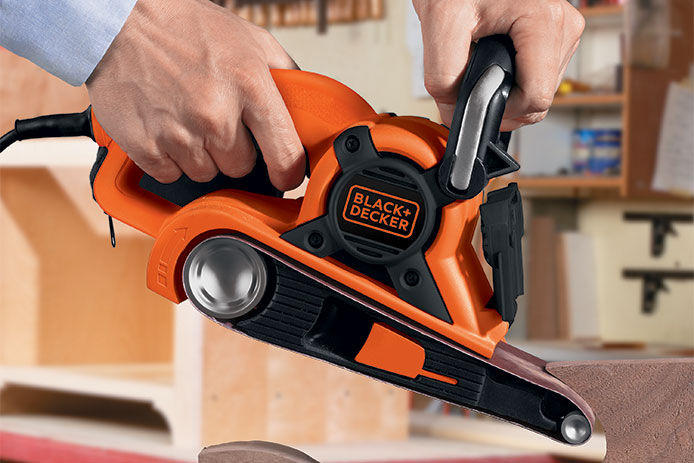
Cutting and joining wood isn’t the only step required in furniture making. Without enough effort spent on sanding and smoothing, you’ll get splinters from the most basic benches and tables. Even outdoor furniture deserves a little sanding to look and perform its best. A pack of sandpaper and a simple block is all you need to get started, but this can become a slow and tedious task that takes the fun out of furniture making. Try powered sanders, especially a random-orbit sander, to remove unwanted material more quickly. Before sanding, you may want to smooth rough edges or carve out curves with hand or power planes. A smoothing plane is a worthwhile investment no matter the type or style of furniture you want to make.
Sawhorses, Benches, and Workstations
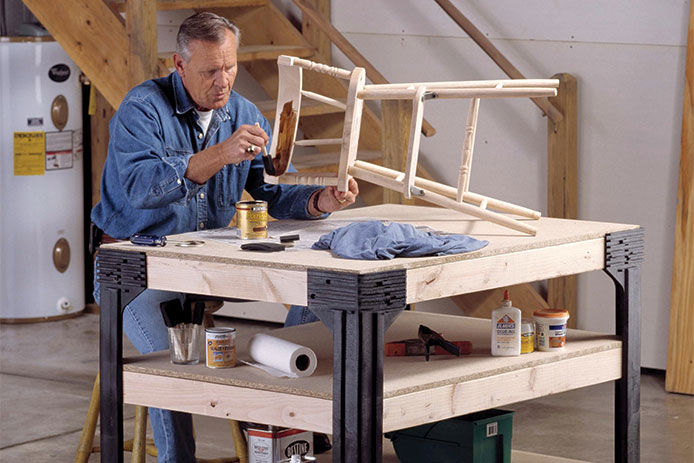
Instead of investing in a lot of specialty tools from the beginning, make sure you’re spending enough on proper workspaces. Doing your furniture work on the ground or on an inappropriate surface like a kitchen table will only result in mistakes, damage, or injuries. At the very least, build or buy a basic set of sawhorses. Permanent benches and workstations are a good idea for the beginner who wants to continue building their skills since they’re better for mounting tools like clamps and vises. However, they take up a lot of space. Folding or portable workstations can still add a lot of valuable woodworking space while leaving your garage free the rest of the time for other uses.
Storage for Lumber and Equipment
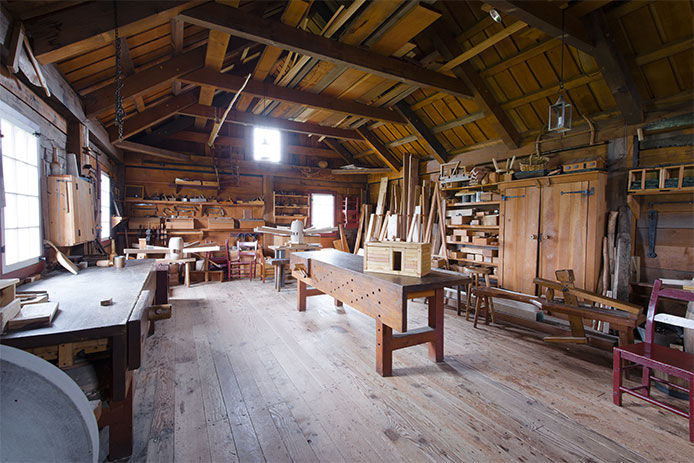
Furniture is very sensitive to temperature and humidity. You may get a perfect fit on a custom-made drawer one day and then return to find it stuck fast or loose the next day. Exposure to fluctuations in humidity in particular, especially before the furniture is finished and sealed, is a common cause of warping and damage in the middle of a project. This quickly becomes frustrating and drives many beginners out of the hobby, especially when expensive woods or finishes are wasted by a tiny weather change. You don’t need to build a safe room for your furniture just to finish a project without it warping. Simply find whatever enclosed space is available and add some equipment to control the temperature and humidity levels. Portable dehumidifiers that don’t produce heat can be used in almost any enclosed space to help prevent damage to sensitive furniture projects.
With a good workspace and a basic set of hand and power tools, any DIY-minded person can design and build their own furniture. Why settle for what’s in the stores when you could transform raw lumber into custom pieces for you and your family members? You can find nearly everything you need, right down to the lumber, here at Do It Best Hardware.
While do-it-yourself projects can be fun and fulfilling, there is always a potential for personal injury or property damage. We strongly suggest that any project beyond your abilities be left to licensed professionals such as electricians, plumbers, and carpenters. Any action you take upon the information on this website is strictly at your own risk, and we assume no responsibility or liability for the contents of this article.